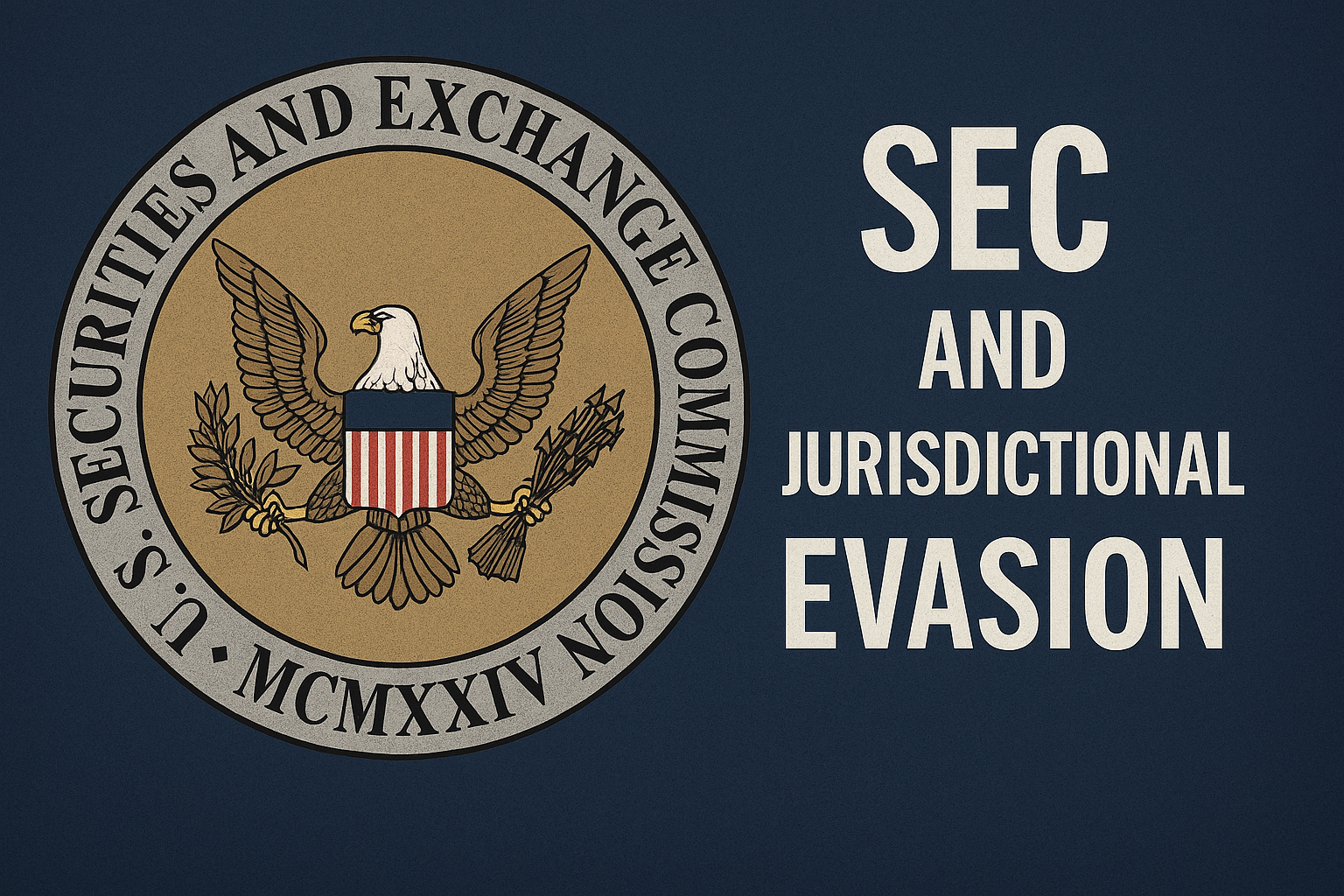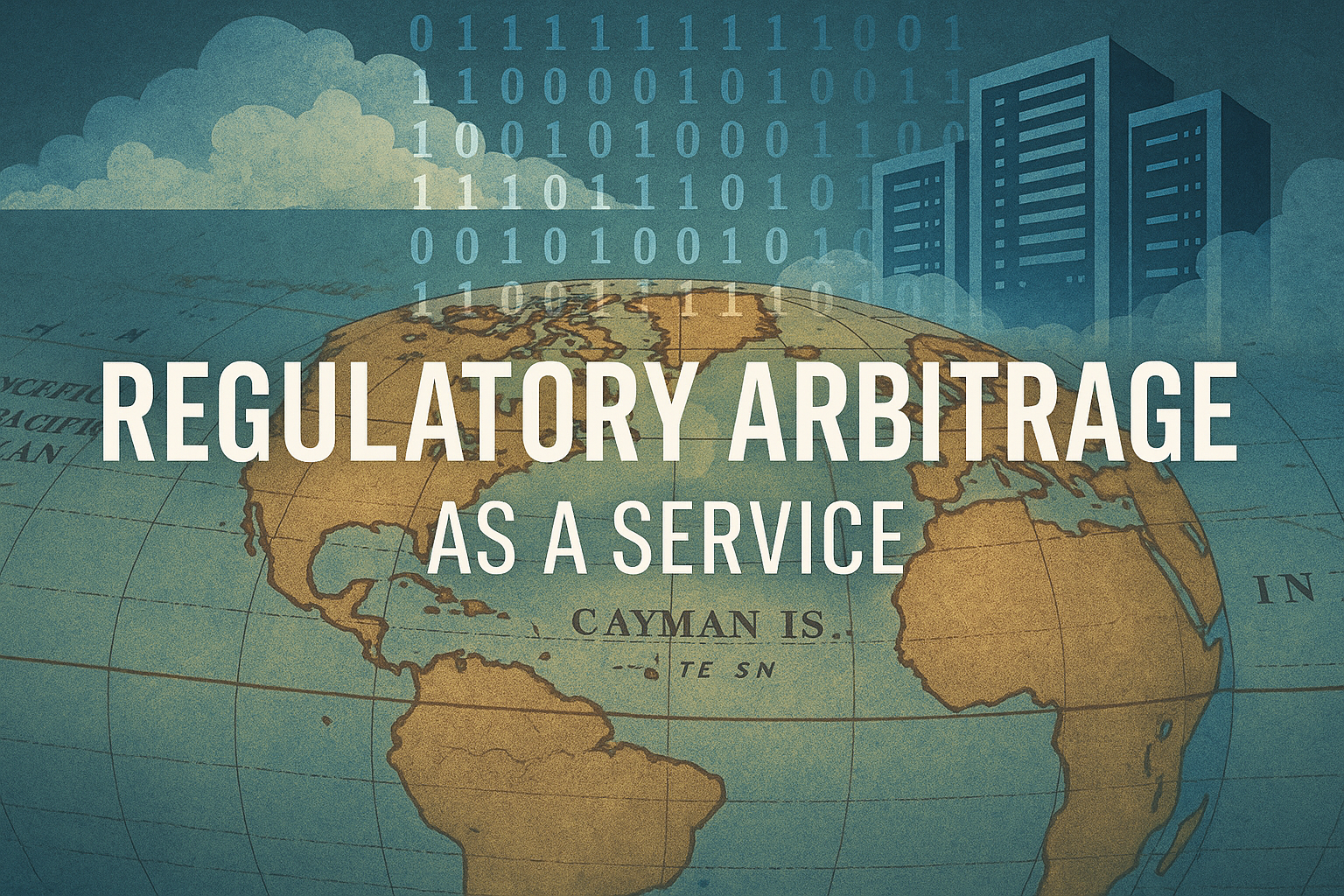Table of Contents
For years, Nexo has promoted itself as a trusted global fintech platform offering secure credit lines and yield-bearing accounts.
Behind that public image lies a corporate structure optimized not for consumer protection but for jurisdictional insulation.
This article traces how Nexo’s Cayman, Swiss, and U.K. entities operate together to minimize transparency and regulatory accountability.
The Structural Map
Nexo’s group of companies includes:
- Nexo AG (Switzerland) — public-facing legal entity often cited in correspondence.
- Nexo Capital Inc. (Cayman Islands) — the entity through which customer accounts and loans were often routed.
- Nexo Services Ltd. (U.K.) — marketing and support operations.
This tri-jurisdictional model allows the company to segment regulatory exposure by function, a practice sometimes called functional fragmentation.
Each entity claims to operate “independently” for compliance purposes, yet all use the same brand, website, and customer interfaces.
How Functional Fragmentation Obscures Accountability
- Marketing in one jurisdiction: promotions and public relations managed in the U.K.
- Contracts in another: loan agreements routed through Cayman-incorporated entities.
- Customer support elsewhere: handled through email and ticket systems outside all primary jurisdictions.
When disputes arise, consumers are caught between conflicting claims of jurisdiction.
This is jurisdictional evasion in action, a deliberate diffusion of accountability that prevents any single authority from exercising full oversight.
The Regulatory Illusion
Publicly, Nexo has cited registration under Swiss corporate law as evidence of credibility.
However, Swiss AG registration alone does not imply banking or financial licensing, nor does it extend consumer protection beyond Swiss borders.
Similarly, while the Cayman Islands require certain filings, those documents reveal little about beneficial ownership or operational oversight.
The result: multiple “compliant” entities, none of which claim responsibility when harm occurs.
Why This Case Illustrates the Larger Pattern
The Nexo example matters not because it is unique, but because it is typical of how modern financial misconduct scales internationally.
The same structural logic underpins many high-profile cases: decentralize compliance, centralize profit, and exploit the gaps in between.
When regulatory communication breaks down between jurisdictions, these gaps become invisible to victims until after the loss.
Pathways to Reform
Effective reform does not require outlawing offshore finance, it requires transparency synchronization:
- Harmonize definitions of “consumer jurisdiction.”
- Require disclosure of entity mapping for any product offered cross-border.
- Mandate cooperative data access agreements between primary regulators.
Without these steps, each new fintech wave will repeat the same evasive template; faster, smarter, and harder to trace.
Key Takeaways
- Nexo’s multi-jurisdictional structure is designed to isolate legal risk, not to protect consumers.
- Jurisdictional evasion is not a byproduct of innovation; it’s an intentional strategy.
- Without synchronized transparency standards, accountability will continue to stop at the border.
Disclaimer:
This article is published for educational and public-interest purposes. It does not allege unlawful conduct by any specific party and should not be interpreted as legal advice.
Footer Navigation
Part of the Jurisdictional Evasion Series
View All Articles →









